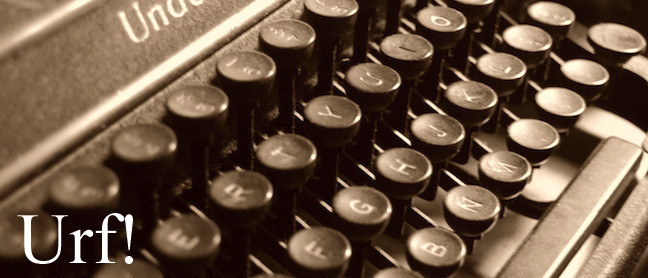This is a work of fiction.
Any resemblance to persons living or dead or in-between is coincidence. Even those folks you think are real are as phony as music mingling within a dream.
-- Copyright page of the novel FOLLOWING RICHARD BRAUTIGAN
My confession is that I had no idea who Richard Brautigan was. Indeed, even as I read the novel FOLLOWING RICHARD BRAUTIGAN by Corey Mesler (2010; Livingston Press, The University of
West Alabama), I had no idea if his character was an actual person or a fabrication of Mesler's rich mind. Neither did I search to find out the truth (or untruth) as I read, but relished, instead, the image presented on the page. It wasn't until just now, when I looked him up on Goodreads and Wikipedia, do I see that Richard Brautigan was an actual living, breathing and writing man. Who knew?
Corey Mesler knew and has incorporated fact with fiction into a novel that carries the reader from Oklahoma City to San Francisco and back again. It's a road book and I love a road book. Mesler breaks up his story into tiny little chapters as though we're driving down the highway and stopping every once in a while to look over the edge of a cliff into the bluest ocean or to snap a picture of a reddish butte at sunset or to eat some mushrooms. Mesler tale is constructed in a way some of us may not be able to get away with and each tiny little chapter has its own heading. It seems appropriate, though, as the protagonist, Jack Morton, is a romantic and adventurer, and everything a romantic and adventurer does will (and should) inevitably have its own heading.
Would-be writer Jack Morton travels to San Francisco in an attempt to find his hero, Richard Brautigan, not knowing for sure if the man is dead or alive (he's dead, both Mesler and Wikipedia say). He doesn't locate his traveler, of course, yet does find a young woman, another treasure of a sort. His heart is broken, as is also endemic of romantics and adventurers, though it is mended by a visit from the ghost of Richard Brautigan who leads his protegé on another cross-country trip. This trek is full of strange places and even stranger people and Jack Morton becomes close to the beat icon while remaining physically distant, separated by mortality and one car length.
In the end, Jack Morton seems to find what he needs. He takes something from the counsel of Richard Brautigan and from the journey itself that helps him to repair his heart and find what it is within himself to go on writing.
Mesler's relationship with the pop culture of the 1960s and '70s is an intimiate one, yet the bits and pieces of music, fashion, film, literature and politics don't come across as mere props. He has a talent for putting it all in a context that makes it seem as natural as a well-researched prop in a movie or television show. It adds to the story rather than overshadowing it. It's a magic trick and Mesler is an adept magician.
(I don't know what Mesler's process is for writing, but I imagine him in a darkened room with three separate desks. On each desk sits a psychedelic-colored typewriter and in each typewriter is a sheet of yellow paper and on those sheets of yellow paper is a poem, short story or novel in progress. In my imagining, he types at one until an egg timer in his mind dings and he moves to the next. For twelve hours a day he does this and, once finished, he watches a movie with his daughter. It's a Fellini movie. As each poem, short story or novel is finished, of course, it is published. At the end of Corey Mesler's typewritten journey is our own treasure, dear reader. Now go and find it.)



























